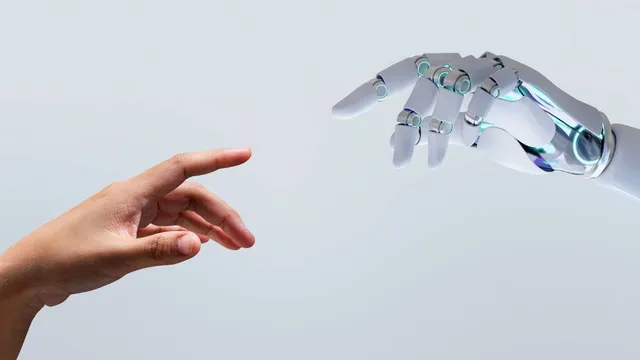- By Alex David
- Sun, 23 Nov 2025 11:16 PM (IST)
- Source:JND
Building wearable exoskeletons has always been an arduous task. Engineers require hours of lab data before their new designs could understand how a human walks. That means sensors, motion capture sessions and long tuning cycles before anyone could even try the device outside the lab. Georgia Tech researchers recently broke through this bottleneck using AI training methods, with pre-training controllers using existing human motion datasets instead of tedious retraining processes, eliminating that step and making development faster, cheaper, and far more practical in real-world situations.
AI-driven training cuts development time
The team adapted a deep learning model originally designed for image translation to convert human walking motions into predicted motions as if the user were already wearing an exoskeleton. It estimates hip and knee sensor readings, anticipates joint movements, and calculates exactly how much assistance robotic assistance may provide.
ALSO READ: Meta Accused Of Harming Children Online: Lawsuit Targeting Facebook And Instagram
Testing revealed that this AI-powered controller performed comparably to traditional lab-tuned systems. On a leg exoskeleton, it tracked user motion in real time and provided assistance boosts of approximately 20 per cent, providing users with smoother walking support without needing lengthy calibration processes for such devices.
Recommended For You
Real-world benefits and what’s next
Exoskeleton design has seen a huge boost, as developers can now quickly prototype without gathering an entirely new dataset each time, and companies could produce multiple hardware versions much more rapidly than before.
Applications go far beyond walking aids: the same controller principles could also power advanced prosthetic limbs, upper-body exosuits for stroke patients, and industrial exoskeletons which reduce strain for factory and warehouse workers.
What this indicates is that science fiction's fantasy of everyday mobility support is becoming reality. With AI managing training, exoskeletons may soon be more accessible, reliable, and easier than ever to incorporate into everyday life.






